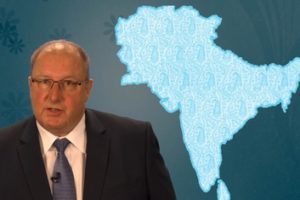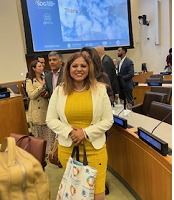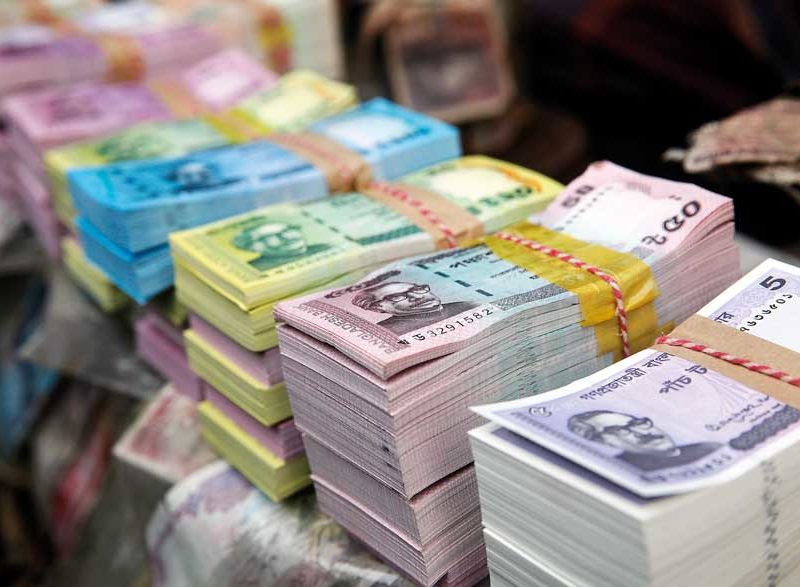The spreading coronavirus may soon affect people’s health in a different way: The outbreak is now starting to hurt the supply of essential drugs.
Drugmakers are struggling to get vital raw ingredients for common antibiotics and vitamins from Chinese factories, which were closed for weeks as China battled to contain the coronavirus. Now, even as some of the country’s factories have restarted, shortages of some drugs may develop.
The disruption is being felt most acutely in India, where authorities Tuesday ordered the country’s vast pharmaceutical industry to stop exporting 26 drugs and drug ingredients, most of them antibiotics, without explicit government permission.
That’s a problem for the rest of the world, which relies on India’s drugmakers for much of its supply of generic drugs. India exported about $19 billion of drugs last year and accounted for about one-fifth of the world’s exports of generics by volume, according to the India Brand Equity Foundation.
The shortage of Chinese drug ingredients is the latest example of the global economy’s dependence on products made in China, from iPhones to auto parts. Last month, Apple cut its sales expectations, partly because production of its gadgets was ramping up more slowly than expected as China reopened its factories. Much of the fallout may still be hidden and is likely to play out over months.
India’s decision to limit drug exports was particularly delicate since other countries rely on its manufacturers. On Tuesday, one Indian official, who spoke on the condition of anonymity because of the sensitivity of the issue, said the government wanted to ensure an adequate supply of medicines for Indians before allowing exports.
Last week, the Food and Drug Administration warned that one undisclosed drug was already in short supply in the United States because of problems related to the virus outbreak. The agency said it was watching about 20 other drugs whose manufacturers relied solely on China for finished products or active pharmaceutical ingredients.
Dr Stephen Hahn, the head of the FDA, told the Senate Health Committee on Tuesday that the agency had learned of India’s export curb that morning.
“We’re working very closely to look at that list to assess how that will affect the medical supply chain,” he said.
Lawmakers and Trump administration officials have been eyeing the global supply chains that deliver drugs and other medical supplies to the United States, wary that the coronavirus might lead to shortages of key supplies.
In a hearing in July, experts told the United States-China Economic and Security Review Commission that America had a troubling reliance on China for its drug supply — but purchasing from India instead would also have its downsides.
Rosemary Gibson, a co-author of “China Rx: Exposing the Risks of America’s Dependence on China for Medicine,” who testified at that hearing, said India also imports the bulk of the active pharmaceutical ingredients, or APIs, that it uses to manufacture drugs from China. She added that sourcing those raw ingredients for drugs within India would have implications for drug prices.
“The main reason that India wants to import APIs from China is because it’s cheap,” said Gibson, a senior adviser with the Hastings Centre, a bioethics research institute. “If we choose to move from China to India, even if it has the capacity to manufacture its APIs, it would make it more expensive.”
India’s exports of the specified drugs are unlikely to be completely stopped, said Sudarshan Jain, secretary-general of the Indian Pharmaceutical Alliance, which represents most of the country’s large pharmaceutical companies.
“It’s not a ban on export,” he said. “It’s a restriction. What we want to do is monitor the movement of the drugs.”
The antibiotics facing export limits are tinidazole, metronidazole, chloramphenicol, erythromycin salts, neomycin, clindamycin salts and ornidazole.
Other drugs on the restricted list include the painkiller acetaminophen, the hormone progesterone, the antiviral drug acyclovir, and the vitamins B1, B6 and B12.
India decided to restrict exports after a high-level government committee analysed the country’s dependence on Chinese drug ingredients and concluded last week that 34 drugs had no alternative suppliers, according to a report Tuesday in The Economic Times, a major Indian newspaper.
Indian drugmakers depend on Chinese factories for important ingredients, particularly for antibiotics and vitamins. Although Indian companies had stockpiled extra ingredients ahead of the Lunar New Year holiday, those reserves are now running low.
Krishnanath Munde, who follows the pharmaceutical industry for India Ratings and Research, a unit of Fitch Ratings, said that for now Indian manufacturers are getting by, in part by sourcing some ingredients from European and Indian suppliers.
“But if this trend continues beyond March and the coronavirus spreads to other regions in China and around the globe, we expect a disruption of the supply chains,” he said. “Then everyone will be hit — every sector.”
Jain said that larger manufacturers had ingredient stocks to last until May for most drugs, but some products could be affected earlier. India’s scores of small manufacturers are already struggling to cope with rising prices for some ingredients, such as those that go into acetaminophen.
Cipla, one of India’s largest drugmakers, whose main generic products include asthma inhalers and HIV drugs, declined to comment Tuesday on the export limits but said in a statement that it had enough inventory to last one to two months.
“We see shipments coming in,” the company said. “We have also secured some additional inventory from vendors who have ready stocks available. This will ensure that we do not face any disruptions in case the situation does not resolve in the coming weeks.”
Over the longer term, the Indian government is considering pushing forward with a long-stalled plan to make more drug ingredients domestically and reduce the country’s reliance on Chinese suppliers.
“For any product, you cannot be dependent on one location,” Jain said. “Health care security for every country is important.”






















